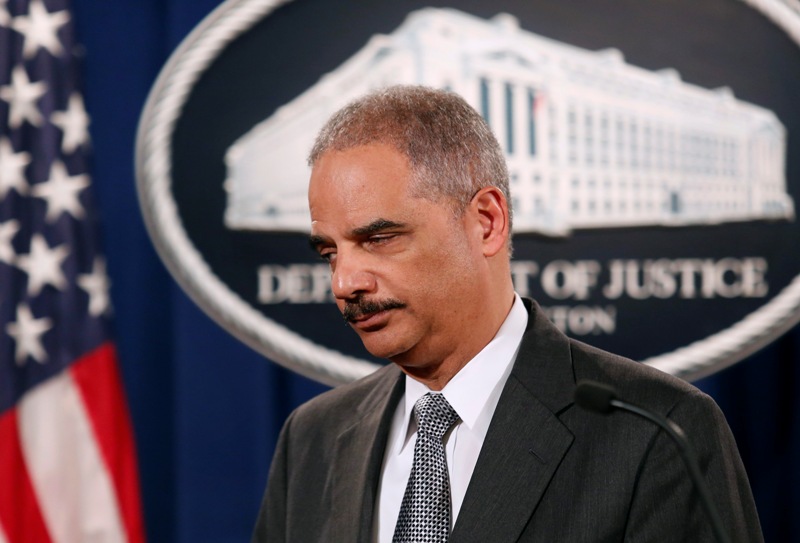The International Press Institute (IPI) and its North American Committee today welcomed news that the U.S. government will not force New York Times reporter James Risen to go to jail rather than revealing a source.
But the groups remained concerned that the Justice Department may still subpoena Risen to answer other questions about his reporting on a failed CIA effort to sabotage Iran’s nuclear program – questions that could indirectly identify the source.
The New York Times reported Saturday that despite statements by a “senior Justice official” that Risen would not be asked to name the source, a formal deal detailing what other questions might be asked had not been finalised.
The judge hearing the case has given the government until tomorrow to identify how it plans to proceed with the subpoena. “This issue is hardly resolved,” New York Times Executive Editor Dean Baquet said.
IPI Executive Board Member Marty Steffens, a Society of American Business Editors and Writers (SABEW) endowed chair at the University of Missouri, said that IPI’s North American Committee was pleased to learn of the decision not to force Risen to identify his source. But she said further steps were needed to demonstrate respect for press freedom.
“The U.S. government is apparently feeling pressure after repeated efforts by the Obama administration and other U.S. entities to erode First Amendment rights,” she said. “IPI’s North American Committee has spoken out on those issues, including actions against journalists covering Ferguson demonstrations, seizure of telephone records from the Associated Press and search of private records of a Fox News reporter.
“U.S. Attorney General Eric Holder may still require Risen to testify to the circumstances of his report. IPI maintains that the subpoena of reporters and forcing them to testify, even if it doesn’t force them to reveal a source, still has a chilling effect on a free press.”
IPI Executive Board Vice Chair John Yearwood, who heads IPI’s North American Committee and serves as the Miami Herald’s world editor, added: “The Obama administration has finally come to grips with what most people have known for years – the U.S. government’s case against James Risen was without merit. We are relieved and happy for James that this cloud has been lifted. The IPI North America Committee reiterates its call for the end to bogus prosecution of journalists in the United States and Canada.”
Federal prosecutors are seeking Risen’s testimony in the trial of former CIA agent Jeffrey Sterling, who is charged with violating the World War I-era Espionage Act. The government alleges that Sterling provided Risen classified information that appeared in his 2006 book, “State of War: The Secret History of the C.I.A. and the Bush Administration”.
Risen faced testifying following the U.S. Supreme Court’s decision in June not to review an appeals court ruling that neither the First Amendment nor the common law create a privilege that would allow Risen to decline to reveal his source.
The divided, three-judge appeals panel said that a three-pronged test – whether information that the government holds a compelling interest in obtaining is relevant and cannot be obtained by other means – may be controlling in civil cases, but not in criminal cases.
Pointing to the Supreme Court’s 1972 decision in Branzburg v. Hayes, requiring a journalist who observed drug-related criminal activity to testify before a grand jury, the majority said: “so long as the subpoena is issued in good faith and is based on a legitimate need of law enforcement, the government need not make any special showing to obtain evidence of criminal conduct from a reporter in a criminal proceeding. The reporter must appear and give testimony just as every other citizen must.”
IPI Senior Press Freedom Adviser Steven M. Ellis reiterated IPI’s position that the ruling in Risen’s case demonstrated the need for Congress to adopt a federal shield law.
“Journalists cannot perform their work uncovering information of public interest if whistleblowers cannot rely on journalists’ promises to keep their identities confidential,” he said. “As the dissenting judge at the appellate level correctly noted, the First Amendment was established in ‘recognition that a government unaccountable to public discourse renders that essential element of democracy – the vote – meaningless.’ ”
* This statement was updated on Dec. 15, 2014 to include comments by IPI Executive Board Vice Chair John Yearwood.
